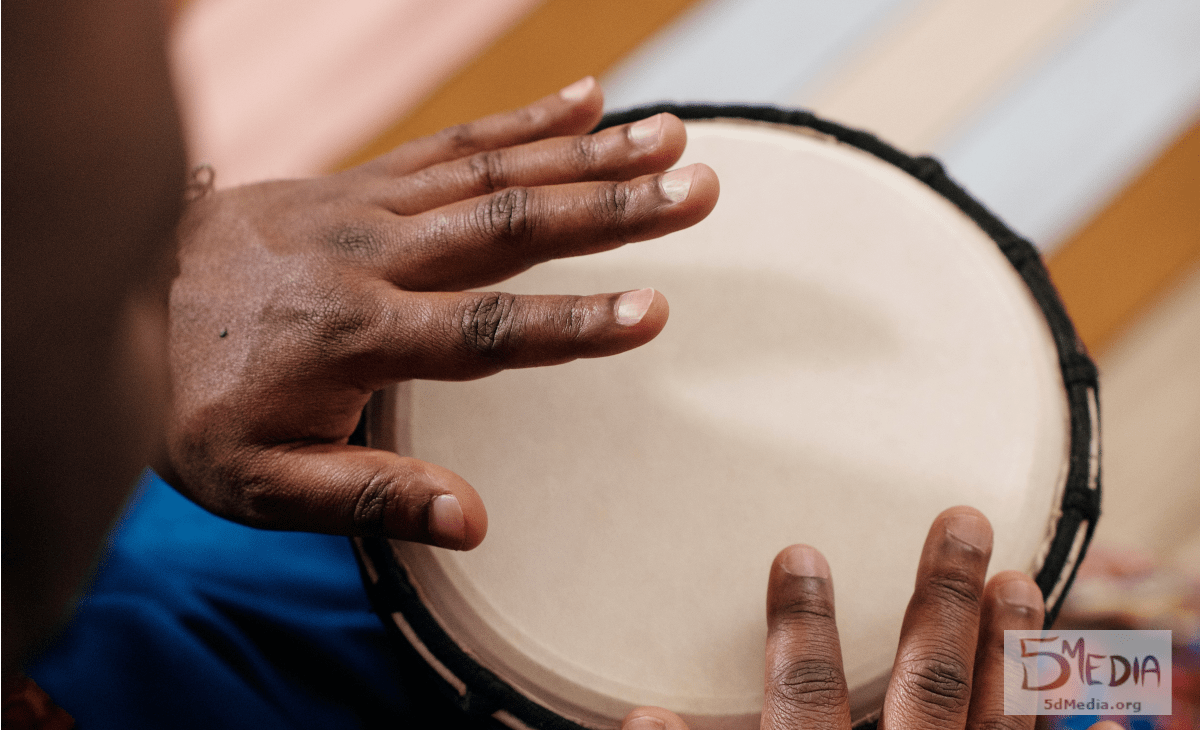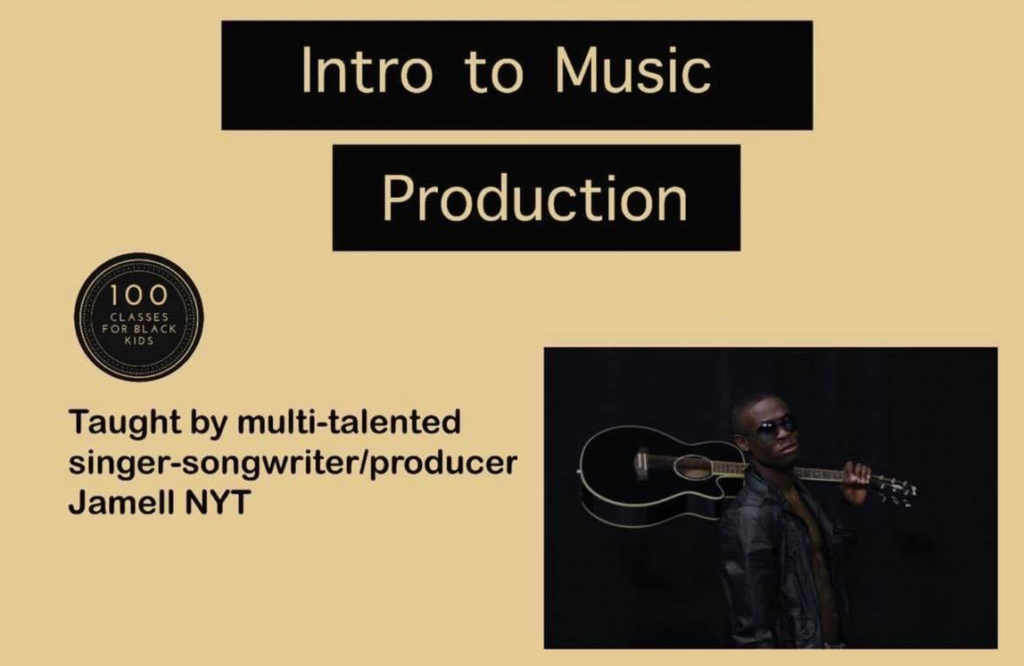We live in a world made almost entirely of legacies we can’t see. Most people feel as if the society they live in is different from those that came before, but this is an illusion; we still very much carry-on traditions and cultures that came before us. This occurs both consciously and subconsciously. The most important thing about those who came before us is not their past; it is what those people have passed down to us through storytelling and oral tradition. This is because A unique wisdom can be found by listening a story.
We live in a world made almost entirely of legacies we can’t see. Most people feel as if the society they live in is different from those that came before, but this is an illusion; we still very much carry-on traditions and cultures that came before us. This occurs both consciously and subconsciously. The most important thing about those who came before us is not their past; it is what those people have passed down to us through storytelling and oral tradition. This is because A unique wisdom can be found by listening a story.
Before the invention of writing and records, people mainly used oral storytelling and performances for entertainment and education. Elders in a community would tell tales of historical events or how things came to be in their region. Many important lessons are learned from these stories which help set the stage for future generations.
The popularity of oral storytelling in ancient tradition is important to understand. Much of education today is focused on recorded history, but learning from oral sources is also important. Oral stories are diverse, complex, and emotive. Understanding the power of words – both spoken and written – will only make the learner better equipped to succeed in this digital age. The storytellers use different sounds to make the stories interesting. They repeat sentences and even words. The performance of oral poetry is a ritual event, which provides an open forum for community discussion and participation. It makes it easier to share knowledge of history, traditions and values.to the younger members of the community.
Ronald Macaulay, a professor at the University of Guelph and author of Oral Tradition: The Cultural Matrix for Creolization and Creole Genesis states that oral tales are often more than just words. “The rhythms, sounds and cadences of an African storyteller’s voice convey as much information as do the words they speak…It has all the elements of communication such as rhythm, intonation, volume and body language. It can be recalled verbatim after one hearing”. He goes on to explain how stories help us better understand communication habits which will ultimately affect our everyday interactions with others. This is crucial since there are fewer people who still use storytelling in their daily lives today because storytelling was replaced by recorded history.
African stories have many unique features that set them apart from Western culture. African legends revolve around animals as well as people in the local communities or traditions that live there today. The characters can be human or animal, living or dead, good spirits or evil spirits. In contrast with western fables, Africans do not have hero-type narrators who tell about their own culture but whom they admire from the past. Their heroes live in the same community as they do. African stories are usually short, no more than 15 minutes for a complete story or episode. They are told at special social gatherings called storytelling events. The listeners are actively involved in the telling of the tales by interrupting with comments, questions, and even bets on how things will turn out! Stories that present the origins of an object or ritual often take over a day to tell! Africans value their traditions very highly and oral literature is one way to pass them along from generation to generation.
My challenge to you is find elders who have stories to tell. Ask them about their family, life experiences, and about the stories their grandparents told them.


